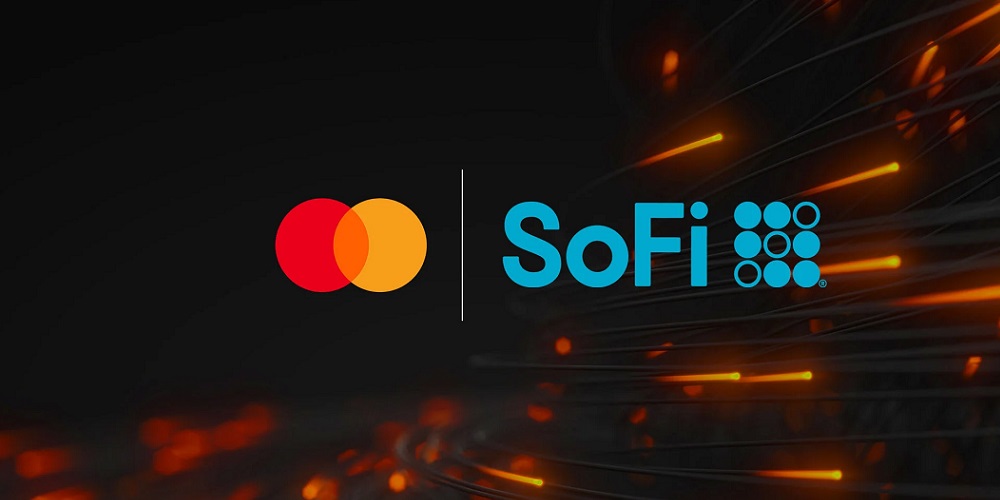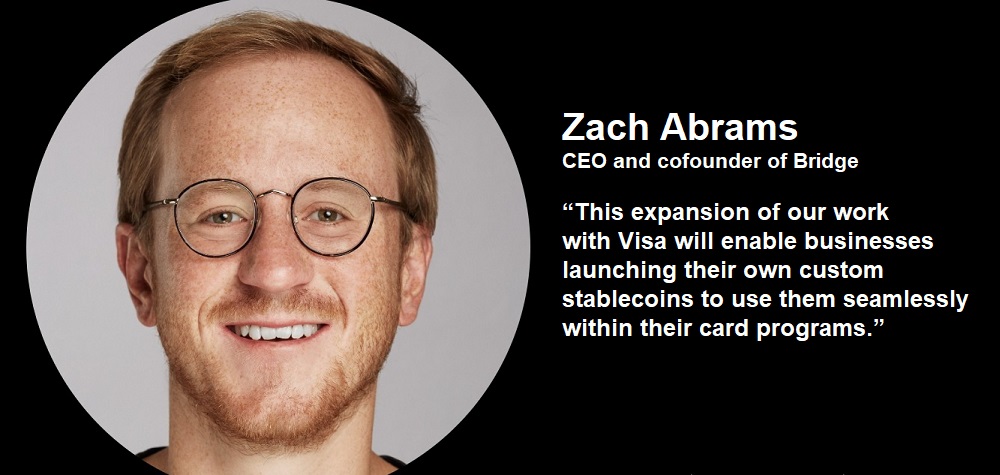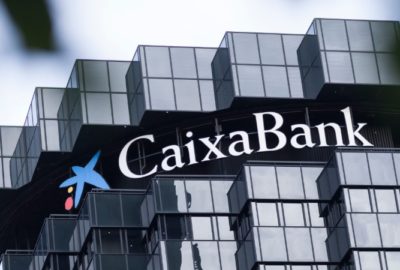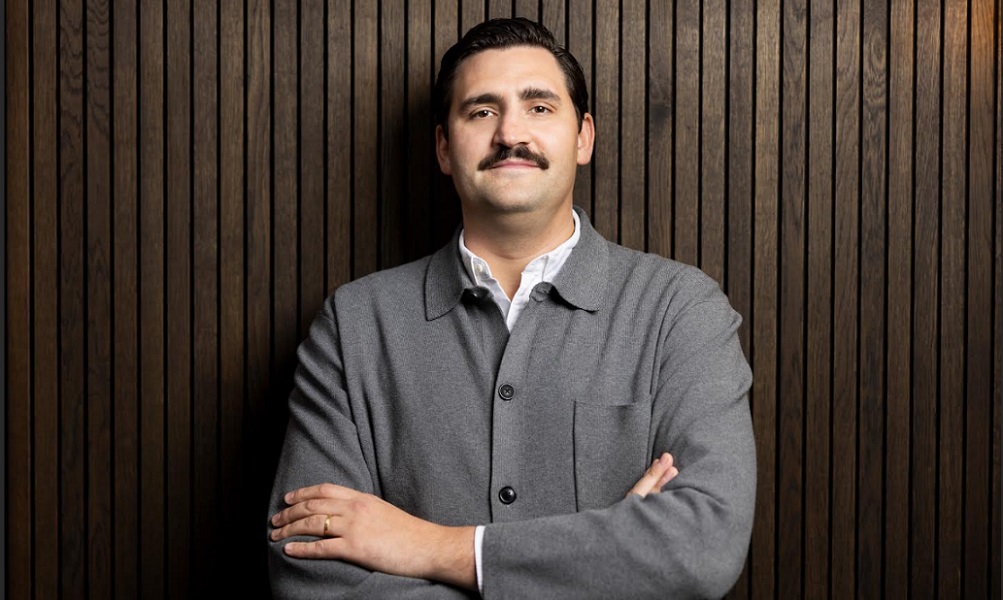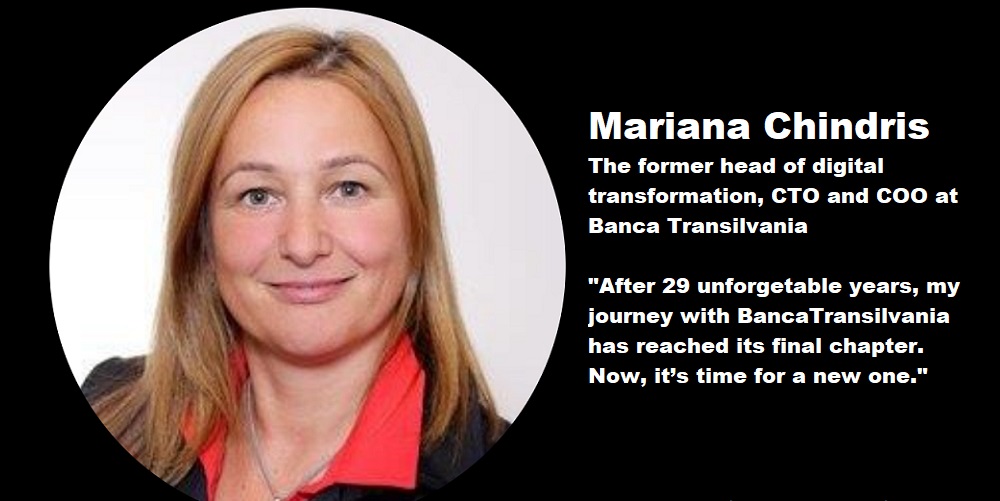Central bankers from Canada, Netherlands, Ukraine call blockchain unnecessary for central bank digital currency
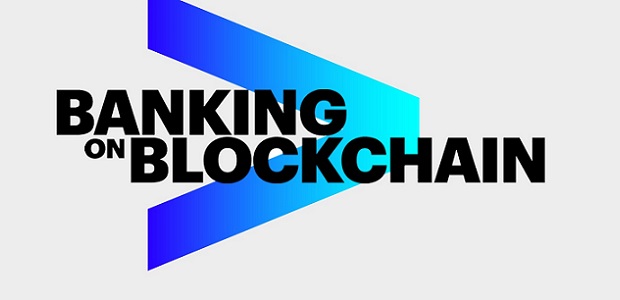
Representatives of a number of the world’s central banks discussed their CBDC projects last week in Kyev, Ukraine. The one-day conference was arranged by the National Bank of Ukraine, or NBU, which itself is a CBDC (central bank digital currency) pioneer, having run its own digital currency pilot in 2018.
The central bank wanted to test its ideas and conclusions with the banking community and stimulate the discussion, the head of its innovative development department, Roman Hartinger, told CoinDesk. The speakers included representatives of NBU’s peers from Canada, Japan, Lithuania, Finland, Netherlands, Belarus, Uruguay and South Africa.
The discussion comes at a time when the world’s two largest economies, are each seriously exploring the possibility of issuing a CBDC, although China appears to be much further down the road than the U.S.
The skepticism about distributed ledgers was shared by Hartinger’s colleagues from the Netherlands and Canada at the Kyiv conference.
“The essence of the DLT infrastructure is that no single party should be trusted enough, but don’t we just trust a central bank to maintain the integrity of the global ledger?” said Harro Boven, policy advisor in the payments policy department of the Dutch central bank.
Scott Hendry, senior special director of fintech at Bank of Canada, which piloted its Jasper project (built on R3’s Corda DLT platform) last year, agreed that “you don’t need a DLT to make a central bank digital currency.”
“There doesn’t seem to be a lot of benefits if you look at a DLT system and the current efficient centralized system for the sole purpose of interbank payments,” Hendry said, adding that in the back office he leads, “they wouldn’t change anything” in the technology stack currently in use.
No speaker ruled out using DLT for a CBDC in principle, but none showed much enthusiasm about the tech.
Then why even bother to create central bank digital currencies – the concept that initially was pitched as a trusted, government-blessed kind of cryptocurrency? The reason is Facebook’s Libra, says Jamiel Sheikh, the CEO of consulting firm Chainhouse.
“The era of private money is here, and it’s something they have to pay attention to. It’s a response to a threat that can stimulate innovation,” Sheikh told CoinDesk.
Hartinger also pointed at the atypical competitive situation central banks found themselves in:
“Central banks see Big Tech issuing stablecoins, like Libra, they see this niche of digital money and now it’s the matter of who will have a money issuance prerogative, governments or the private tech companies?” Hartinger told CoinDesk.
“Libra was a wake-up call for us. Central banks have been challenged to innovate,” Harro Boven said on stage, echoing recent comments by none other than U.S. Federal Reserve chairman Jerome Powell.
A representative of one of the central banks present at the conference, who shared his thoughts with CoinDesk off stage and asked not to be identified, said Libra catalyzed a process of exploration that has been long overdue. However, he said he’s not worried about the competition from Facebook.
“People would want to use Libra if our monetary system screwed up. Our best defense is to do our job,” he said.
Still, not all the central banks have given up on blockchains yet.
Sveriges Riksbank, the central bank of Sweden, which recently announced a pilot for a digital krona, or e-krona, together with consulting firm Accenture, is going to use R3’s Corda blockchain.
Dariusz Mazurkiewicz – CEO at BLIK Polish Payment Standard
Banking 4.0 – „how was the experience for you”
„To be honest I think that Sinaia, your conference, is much better then Davos.”
Many more interesting quotes in the video below:
